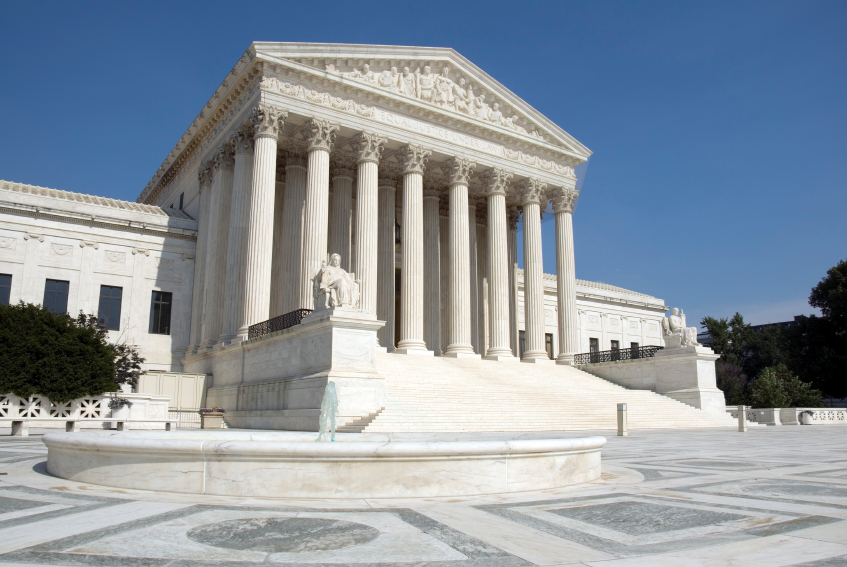 On June 13, 2016, the United States Supreme Court decided United States v. Bryant, 579 U.S. __ (2016), holding that uncounseled tribal court convictions that complied with the Indian Civil Rights Act of 1968 were valid as entered and could be used as predicate offenses in federal prosecutions under 18 U.S.C. § 117(a) without violating the Sixth Amendment.
On June 13, 2016, the United States Supreme Court decided United States v. Bryant, 579 U.S. __ (2016), holding that uncounseled tribal court convictions that complied with the Indian Civil Rights Act of 1968 were valid as entered and could be used as predicate offenses in federal prosecutions under 18 U.S.C. § 117(a) without violating the Sixth Amendment.
In an effort to address the epidemic rates of domestic violence against Native women, the Court recognized that, in 2005, Congress enacted 18 U. S. C. § 117(a) to target serial abusers by creating the federal felony offense of domestic assault in Indian country by a habitual offender. Under § 117(a), two prior convictions for domestic assault in federal, state, or tribal proceedings are required, and two tribal court domestic assault convictions can be a predicate of the federal felony offense. A successful prosecution under § 117(a) can result in the imposition of a fine, imprisonment for not more than five years, or both. Due to a split in the lower federal courts, the question before the Supreme Court was whether uncounseled domestic assault convictions in tribal courts can be counted against a defendant in subsequent federal prosecutions under § 117(a) without violating the Sixth Amendment’s right to counsel. Bryant, a member of the Northern Cheyenne Tribe and a serial domestic violence offender on the Tribe’s reservation, argued that, because he was indigent and not appointed counsel at the time of his tribal court convictions, a federal conviction relying on those uncounseled tribal court convictions would violate his Sixth Amendment right to counsel.
In a unanimous decision, the Court ruled otherwise, deciding that, while the Sixth Amendment guarantees an indigent defendant’s right to counsel in a federal or state criminal proceeding in which a term of imprisonment is imposed, it does not apply in tribal court proceedings. Thus, the Court held that so long as Bryant’s tribal court convictions were valid when entered under the Indian Civil Rights Act of 1968, they remain valid when used as a basis for federal charges in a § 117(a) prosecution. The Court further noted that the Indian Civil Rights Act of 1968 guarantees prisoners “due process of law” by permitting challenges to tribal court proceedings through federal habeas corpus proceedings.
Justice Thomas issued a concurring opinion concerning a tension within Indian law jurisprudence between tribes’ status as sovereigns pre-existing the Constitution and “Congress’ purported plenary power over tribes.”

